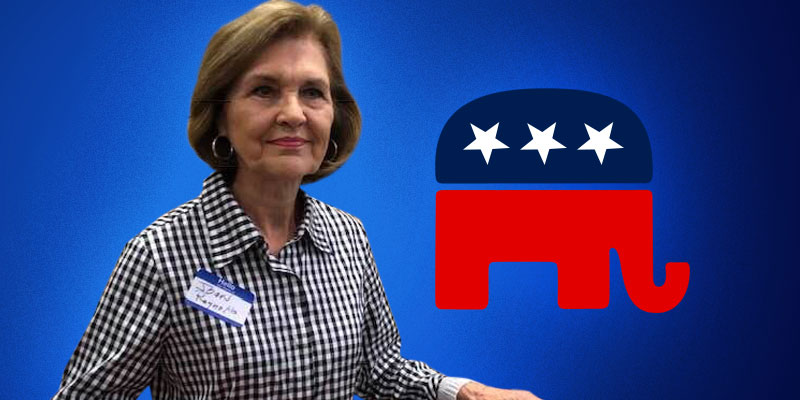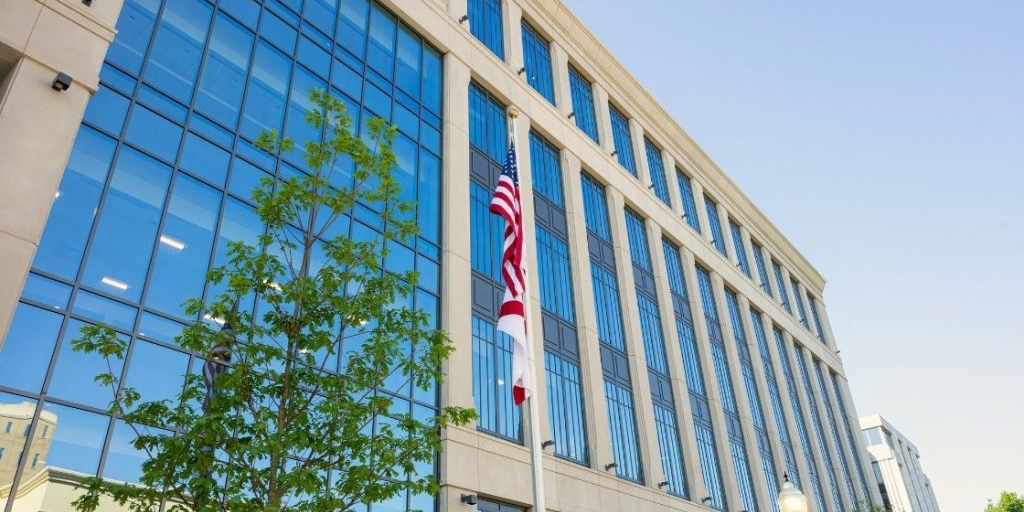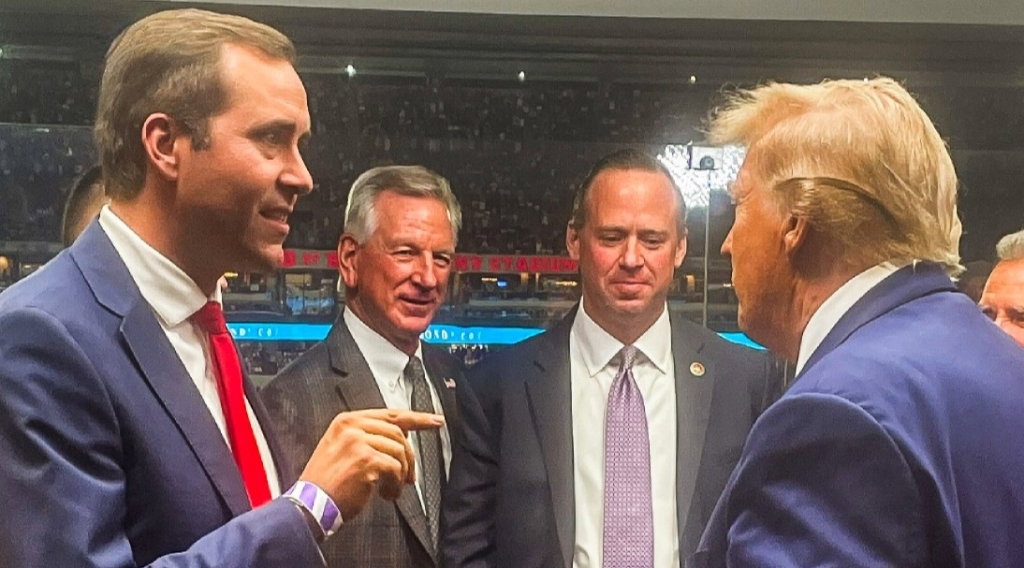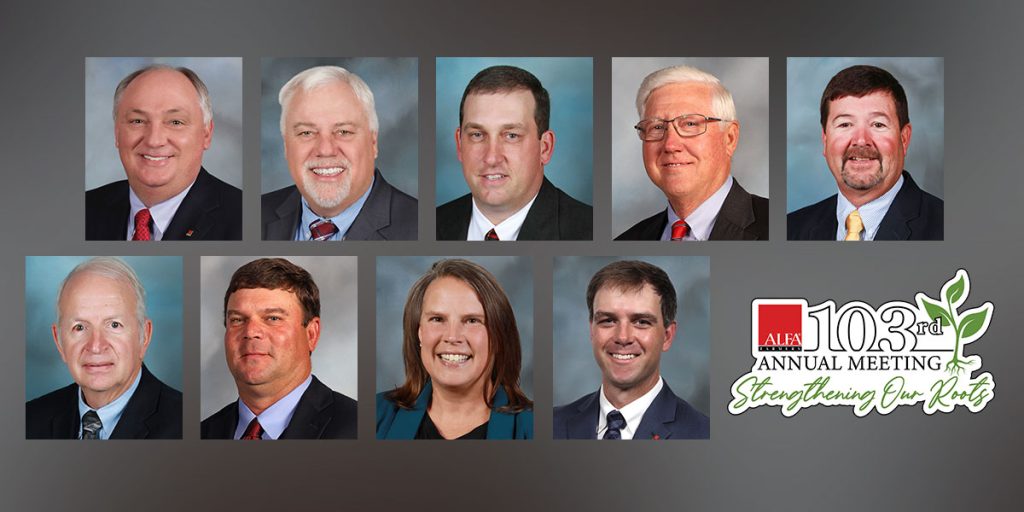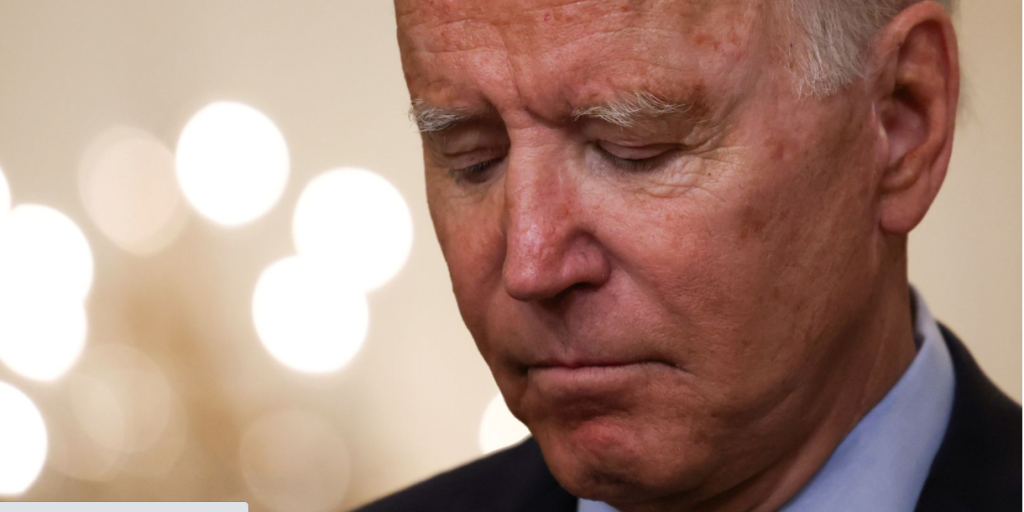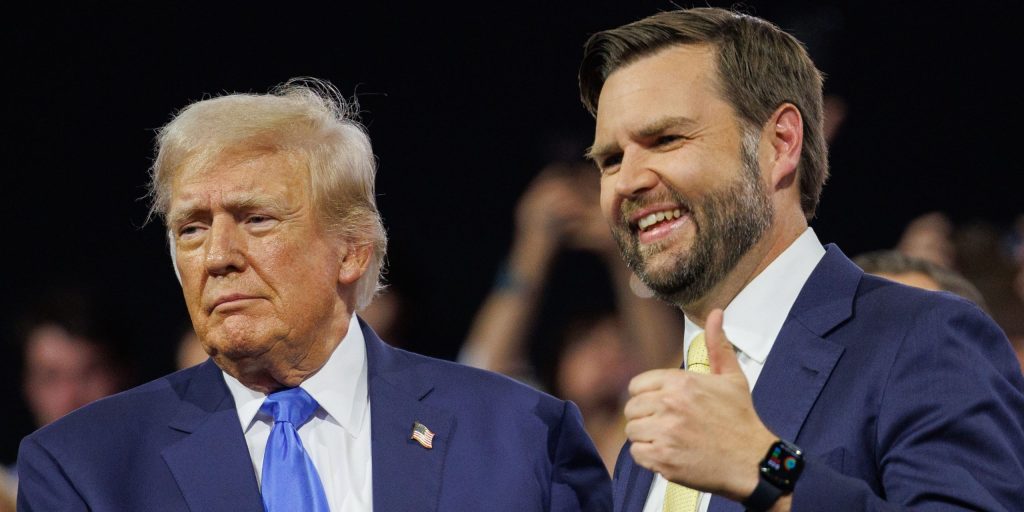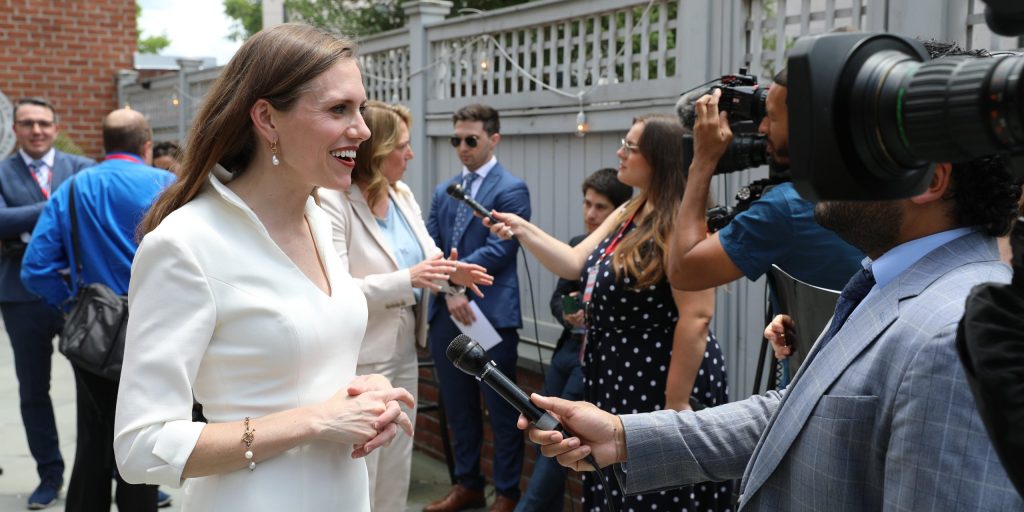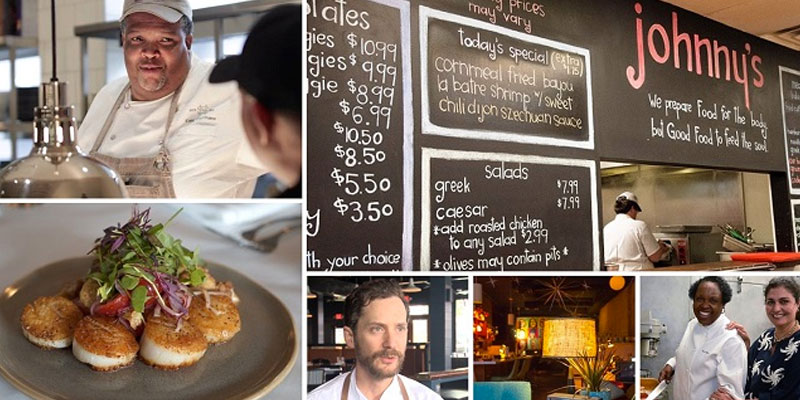Joan Reynolds is one Alabama Republican who has never let grass grow under her feet.
A successful small business owner, she was the first woman elected into the Alfa Insurance Hall of Fame. Now she spends her time as a super-volunteer for conservative causes and candidates in Alabama and around the country.
Reynolds currently serves as chairman of the Shelby County Republican Party, by itself a tall task considering Shelby is one of the reddest counties in the state.
But her impact on electing Republican candidates extends far beyond Alabama’s borders.
Reynolds was one of the Trump campaign’s most prolific grassroots coordinators in 2016 and will shoulder similar responsibilities for President Trump’s reelection this year.
The idea to become a volunteer operative for national campaigns was hatched during the 2008 presidential campaign. As general election duties became lighter and lighter in Shelby County, where GOP candidates largely run unopposed, Reynolds sought out ways to make a difference in the national effort.
It was a conversation with her husband, Alabama National Republican Committeeman Paul Reynolds, which got her wheels turning.
“We were concerned that we could do more than just vote on election day,” she explained to Yellowhammer News. “Alabama was a solid Republican state but there were many states that needed help.”
After a phone call to former Congressman Spencer Bachus, and another to the Republican National Committee, Joan Reynolds was off to a swing state to help coordinate the get-out-the-vote effort.
“They needed help in North Carolina,” recalled Reynolds. “The RNC asked me to go to Durham, North Carolina. I would have three offices in and around Durham and Orange County. I noticed Chapel Hill and Duke University were both located in the area. I felt like they would be a source to recruit volunteers. I was in for a surprise.”
North Carolina turned out to be tough ground for John McCain’s campaign during that election, and not particularly hospitable for Republicans trying to make headway in a place marked early by Barack Obama’s campaign as one they could turn blue.
The operation of a get-out-the-vote campaign like the one Reynolds ran involves creating as many contacts with voters as possible within a short window of time. These contacts are most effective when done in person, going door-to-door, or over the phone. Neither method is particularly comfortable or easy for volunteers. Yet, the activity is fundamental for winning campaigns.
“North Carolina in 2008 was difficult,” outlined Reynolds. “My Durham office had 24-7 security. My volunteers were afraid to go to Chapel Hill. Signs were burned in yards at night in subdivisions. One of my offices had a brick thrown through the plate glass of the office. Voters would tell us at the door they would be voting for McCain, but we couldn’t mention it to their neighbors and definitely couldn’t put a sign in the yard.”
Carrying with her many of the lessons learned in North Carolina, Reynolds spent six weeks recruiting and training volunteers in Iowa during the 2012 presidential campaign.
She believes it is the commitment of volunteers which makes the critical difference. With most get-out-the-vote efforts going full-throttle one week before election day, she sees volunteer morale as incredibly important to ensuring goals are met.
“We have a goal and that’s to feel that we have all made a difference,” Reynolds remarked. “We try to make it fun and competitive. In Iowa we gave away an I-pad one month; sometimes it’s just gift cards or a dinner. But at the end of the day we check with the computer tech to get the number of doors we hit that day. Each person is listed separately with their totals. That tells us if we need to work a little longer the next day.”
In addition to working the last three presidential elections, Reynolds has found herself on the ground in several states where there has been a competitive United States Senate race, including in Arkansas for Sen. Tom Cotton and in Louisiana for Sen. Bill Cassidy.
One of Reynolds’ enduring memories from 2016 is the disconnect between the campaign’s portrayal in the news media versus the experience the volunteers enjoyed on the ground.
“The media and the responses we were getting were totally different,” said Reynolds. “Hispanics were Trump voters. In fact, we were eating lunch outside Panera Bread in Tampa and two Hispanics came over and prayed for us. I only wish I had recorded some of their responses.”
In her typically understated fashion, Reynolds regarded the more than 50,000 voter contacts made by her team in Florida as “a productive trip.”
All told, she estimates that the teams with which she has worked have made more than 250,000 voter contacts throughout various campaigns.
And she has begun solidifying plans to add to that number in 2020.
“I met with the Trump campaign and the RNC a few months ago,” Reynolds said. “I will be recruiting and vetting volunteers again to travel in October. They had several battleground states to choose from.”
She continues to be driven by her belief that there is a lot at stake this election cycle.
“I think you can turn your television or radio on and see that we have a lot of work to do,” she elaborated. “Our goal is to keep Trump in the White House and take control of the House. Impeachment will never end until we are in the majority. Socialism is not an option for us.”
Tim Howe is an owner of Yellowhammer Multimedia




